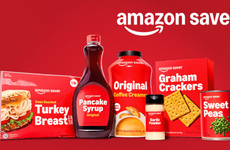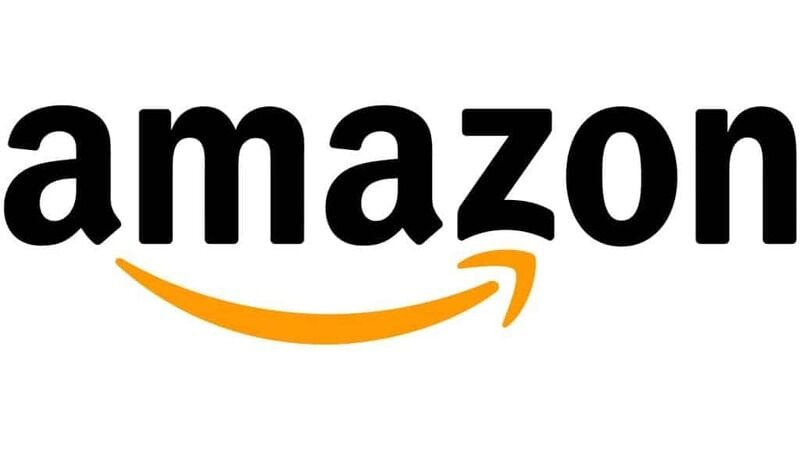
A New Amazon Low-Cost Store Will Launch to Match Competitor Pricing
Jana Pijak — November 6, 2024 — Business
References: channelx.world
E-commerce giant Amazon is set to launch a new Amazon Low-Cost Store to align with the pricing offered by Temu, a rapidly growing e-commerce competitor. Since its inception, Amazon has built an advanced infrastructure enabling quick deliveries, often within a day. Its competitors on the other hand, offer similar products at lower prices by sacrificing delivery speed, with Temu consolidating orders and shipping directly to consumers, from warehouses located close to factories across China.
Amazon’s Low-Cost Store will mimic Temu’s approach, allowing Chinese manufacturers to ship directly to Amazon’s warehouses in China. Products will be labeled as "Generic" and sold exclusively at lower price points to offer genuine bargains. This store will also feature fashion items to compete with SHEIN, another low-cost retailer and Amazon competitor.
By prioritizing lower prices over rapid delivery, Amazon’s latest strategy makes affordable options on its platform more accessible to a broader audience.
Amazon’s Low-Cost Store will mimic Temu’s approach, allowing Chinese manufacturers to ship directly to Amazon’s warehouses in China. Products will be labeled as "Generic" and sold exclusively at lower price points to offer genuine bargains. This store will also feature fashion items to compete with SHEIN, another low-cost retailer and Amazon competitor.
By prioritizing lower prices over rapid delivery, Amazon’s latest strategy makes affordable options on its platform more accessible to a broader audience.
Trend Themes
1. Direct-manufacturer Shipping - Manufacturers shipping directly to warehouses streamline operations, reducing costs and enhancing supply chain efficiency.
2. Price-first Retail Strategy - Companies focusing on lower price points over quick delivery open new market segments previously underserved.
3. Label-free Fashion Items - Offering generic, label-free fashion items meets the demand for budget-conscious shopping without sacrificing style.
Industry Implications
1. E-commerce - Innovations in e-commerce logistics and pricing strategies invite more competitive and consumer-friendly online shopping experiences.
2. Supply Chain Management - Reimagined supply chains that enable direct manufacturer-to-warehouse shipping models reduce overhead and accelerate delivery.
3. Apparel Industry - The ascent of affordable, generic fashion disrupts traditional retail by challenging brand loyalty and redefining value propositions.
7.2
Score
Popularity
Activity
Freshness























